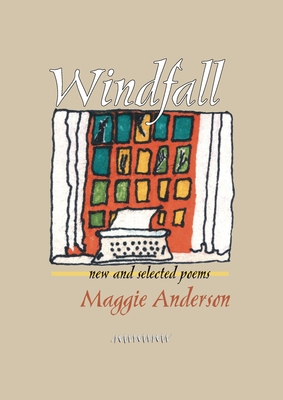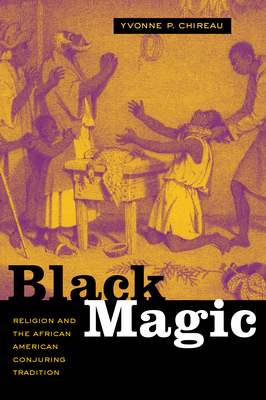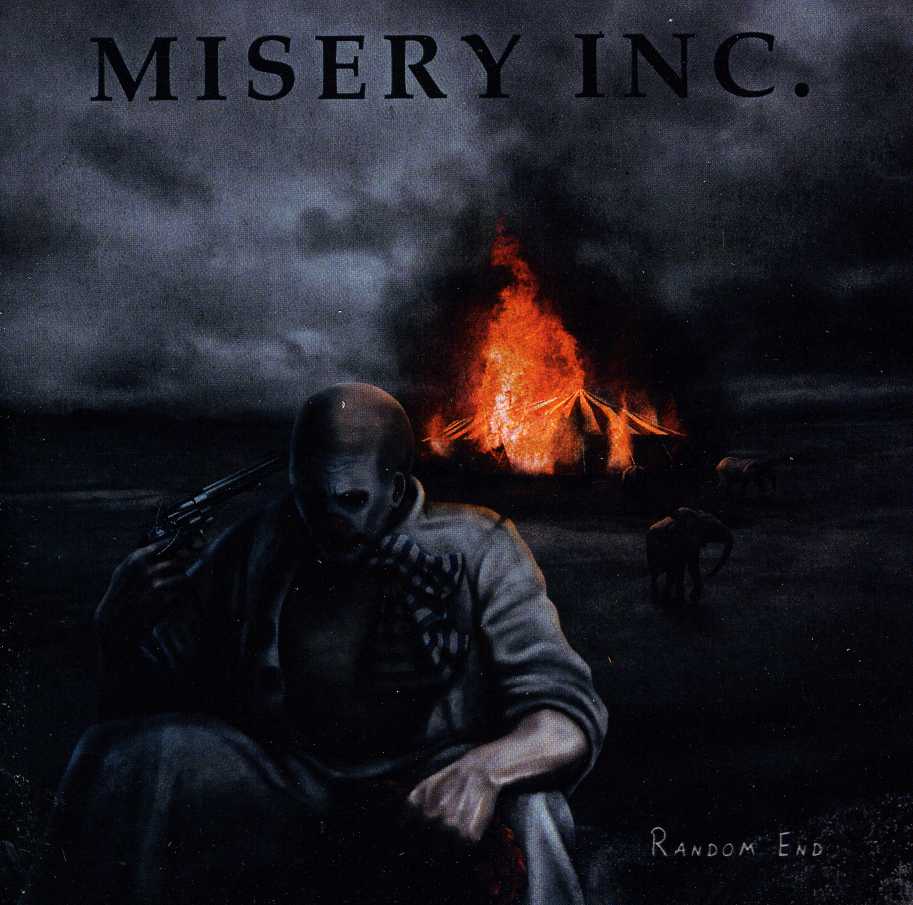
description
three previous books by Maggie Anderson, along with a generous selection of new work. In this collection we can see over two decades of the growth of a poet memorable for the clarity, strength, and urgency of her voice. Anderson's poems entangle a language, a history, and a group of belongings, and she is both at home and a foreigner in the places she invokes. Every place in these poems seems inhabitable, yet the tensions of these deceptively quiet lines develop out of the clear reluctance or inability of the poet to sit still. Maggie Anderson writes out of deep grief for the political losses of work and money, of life and limb and home in our dangerous times. She remembers and witnesses, and she also speaks eloquently for our private griefs--the loss of family, vitality and self. These poems do not shout; we listen as if following a whisper in the dark. A counterpoint to the sorrows in these poems is a complex and often joyous music, as well as a wry, sometimes self-deprecating humor which saves the work from solemnity. Her rhythms are diverse and intricate; they move deftly from fiddle whine to saxophone, from fugue to blues.
member goods
No member items were found under this heading.
Return Policy
All sales are final
Shipping
No special shipping considerations available.
Shipping fees determined at checkout.







